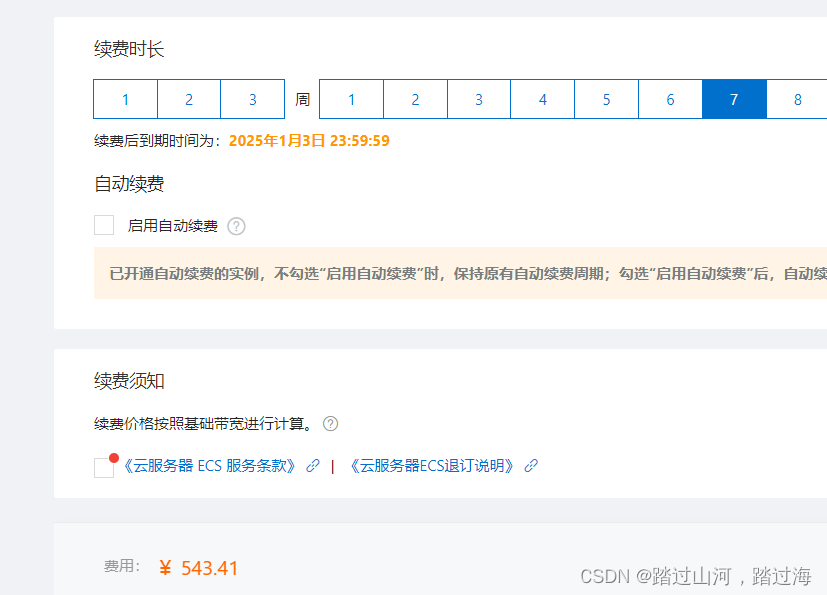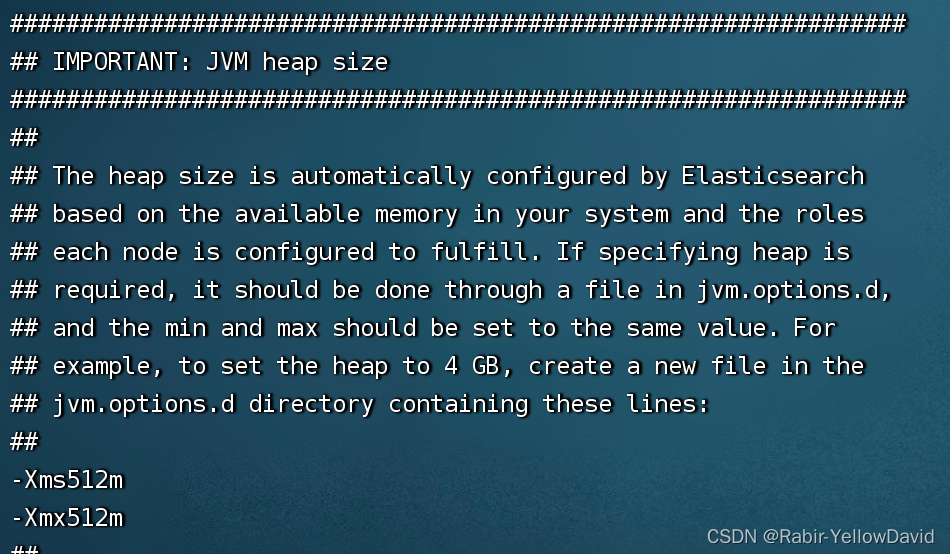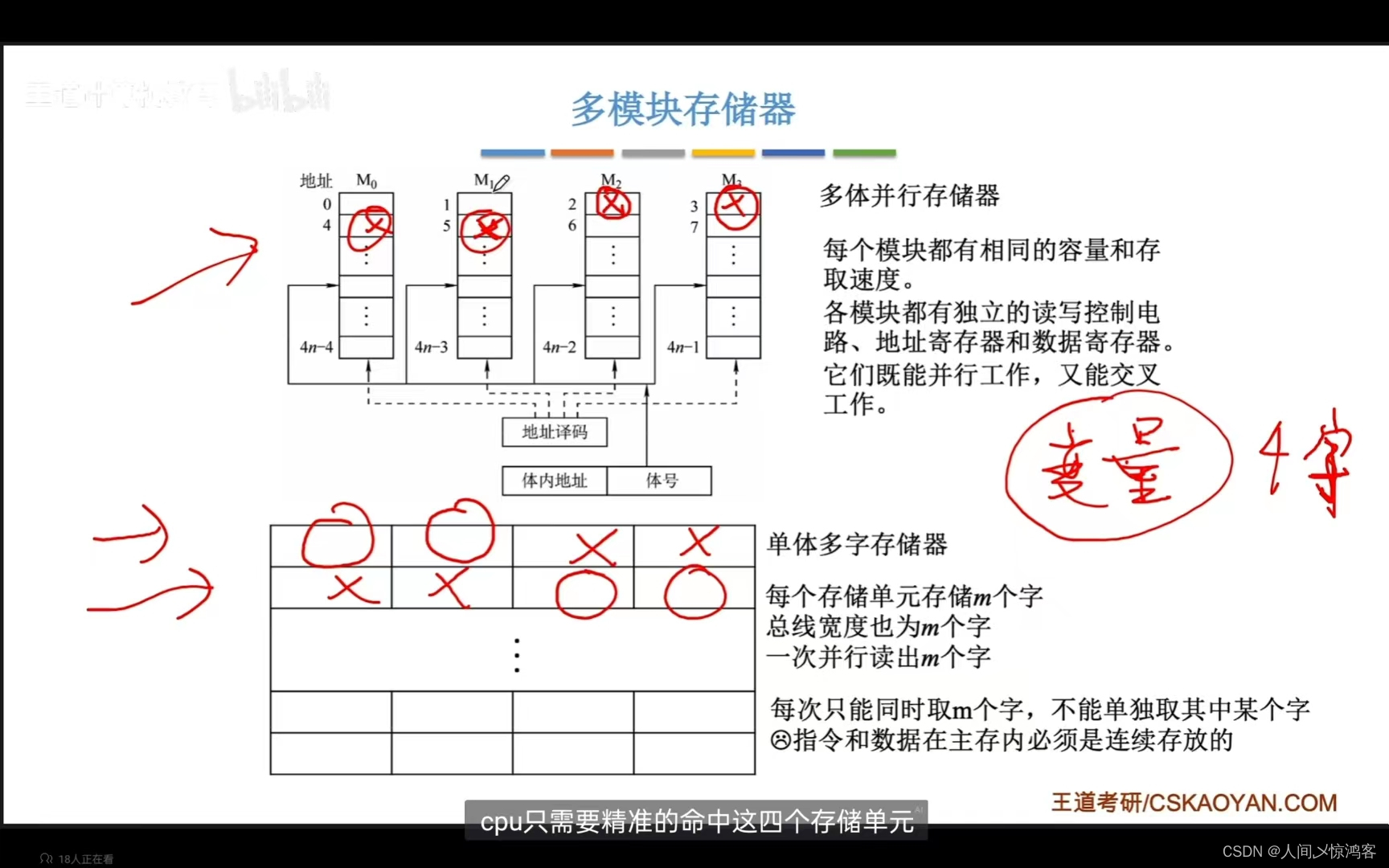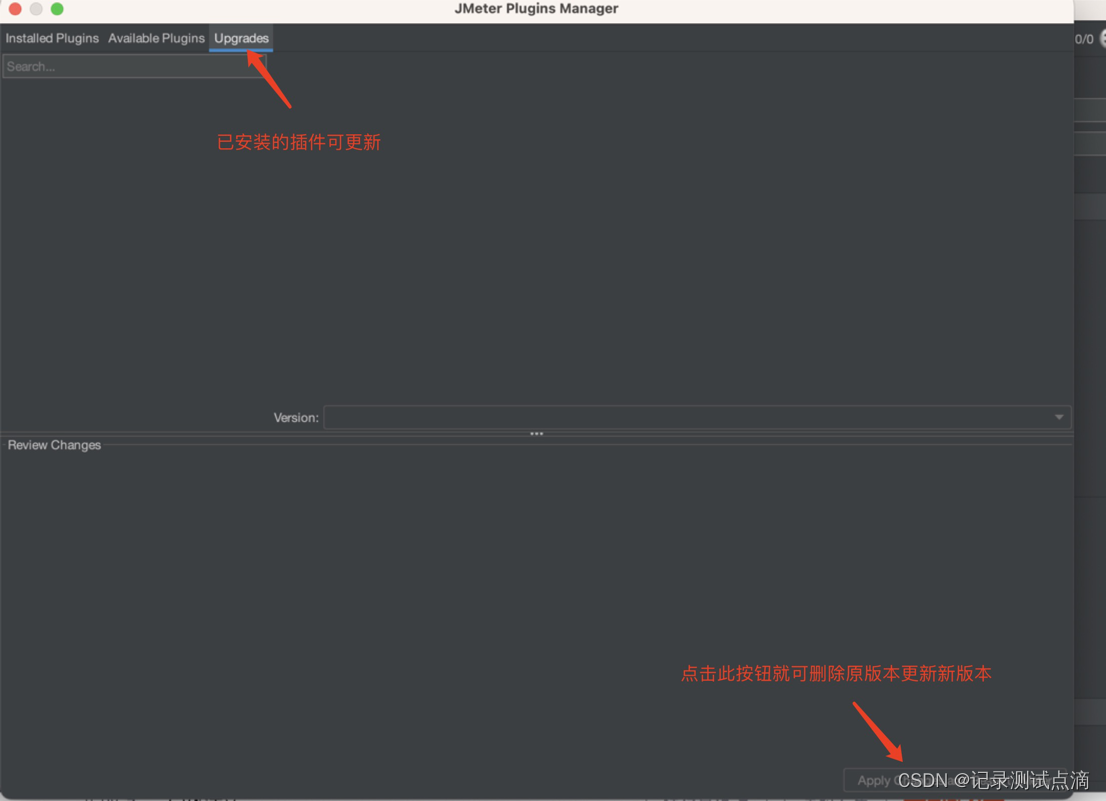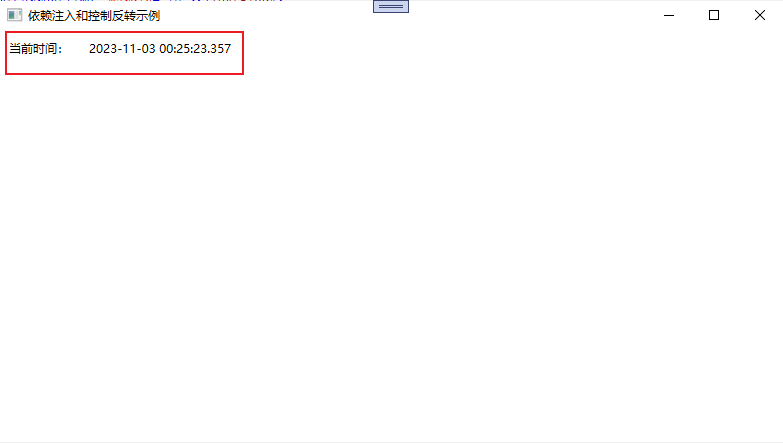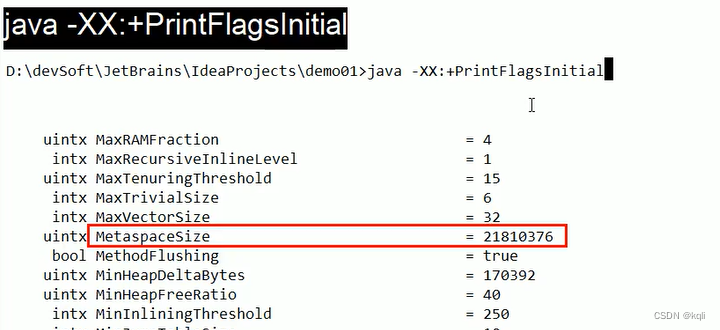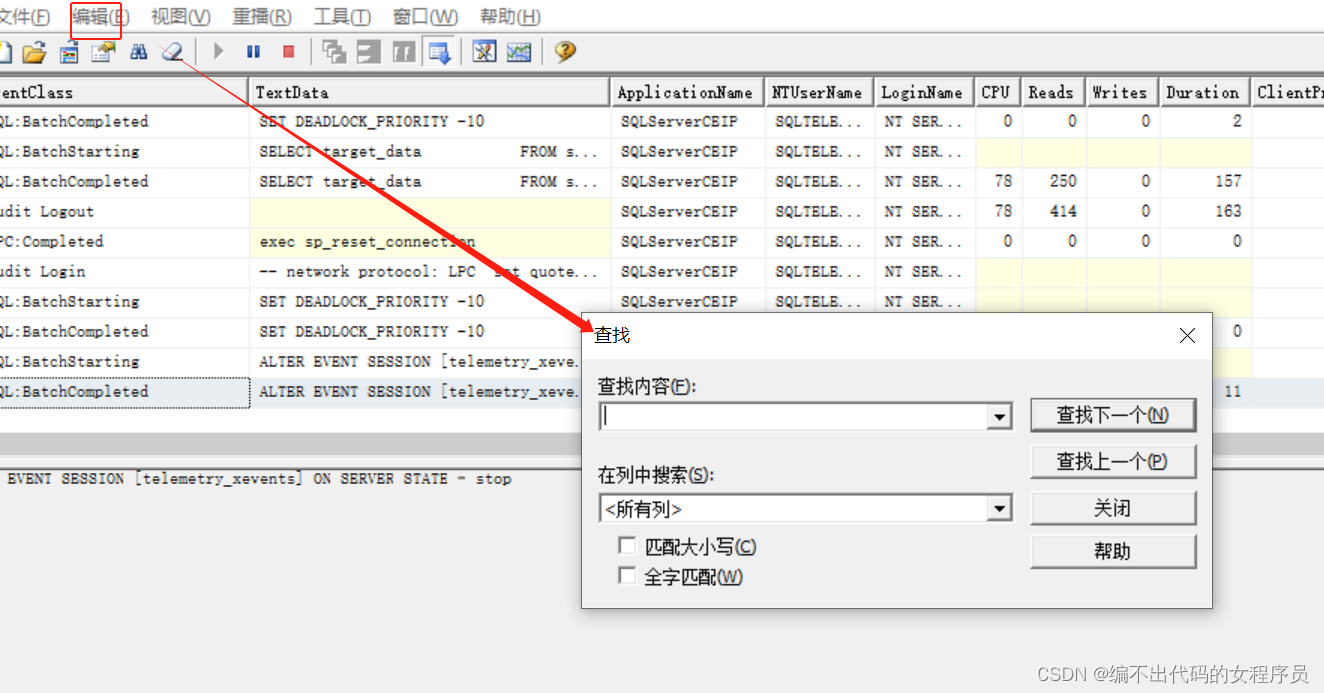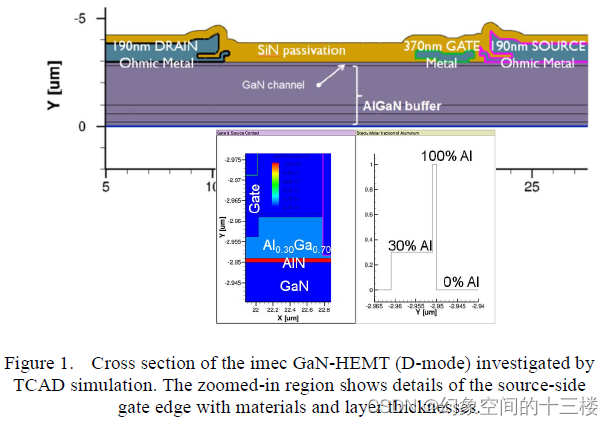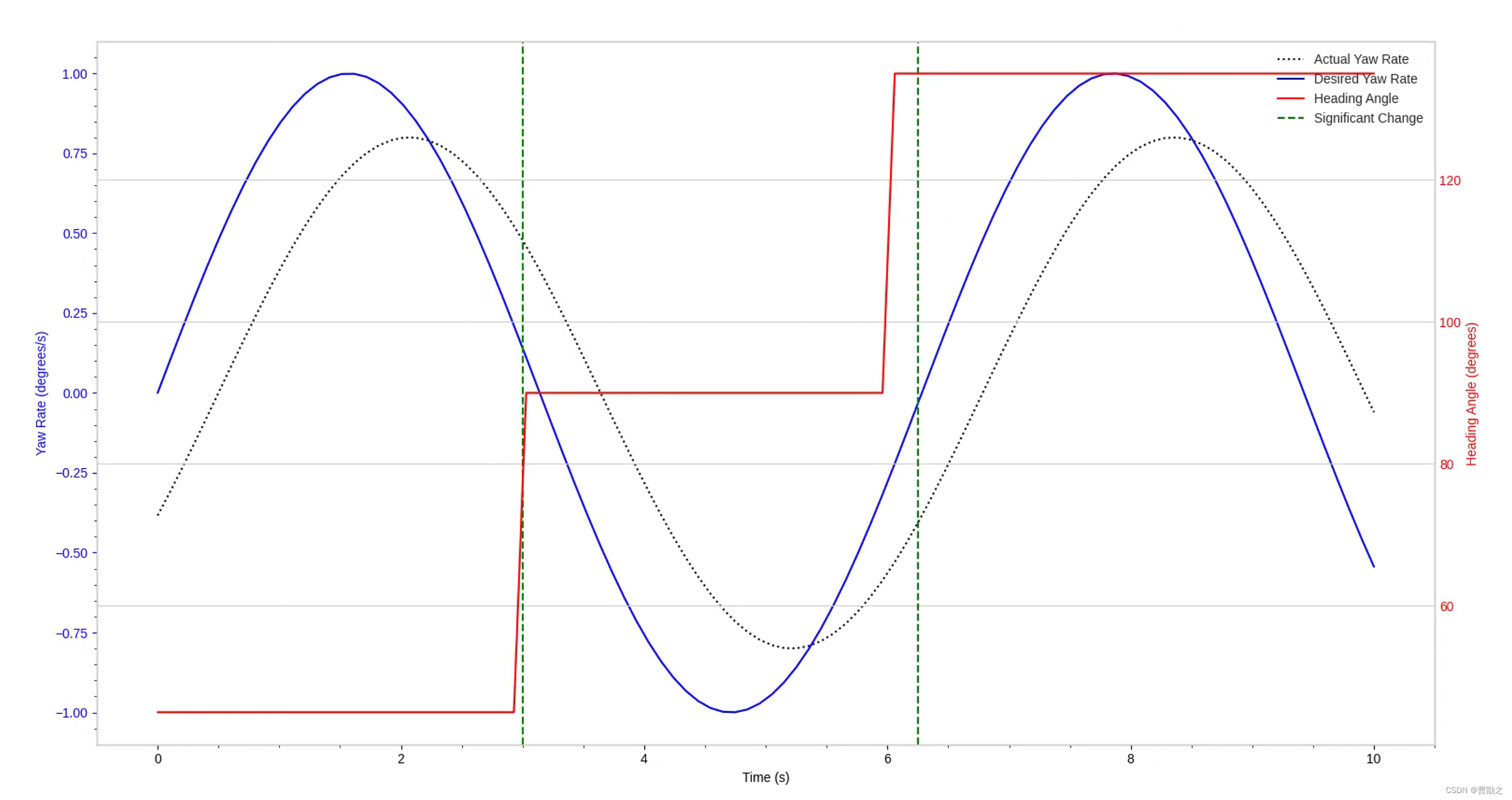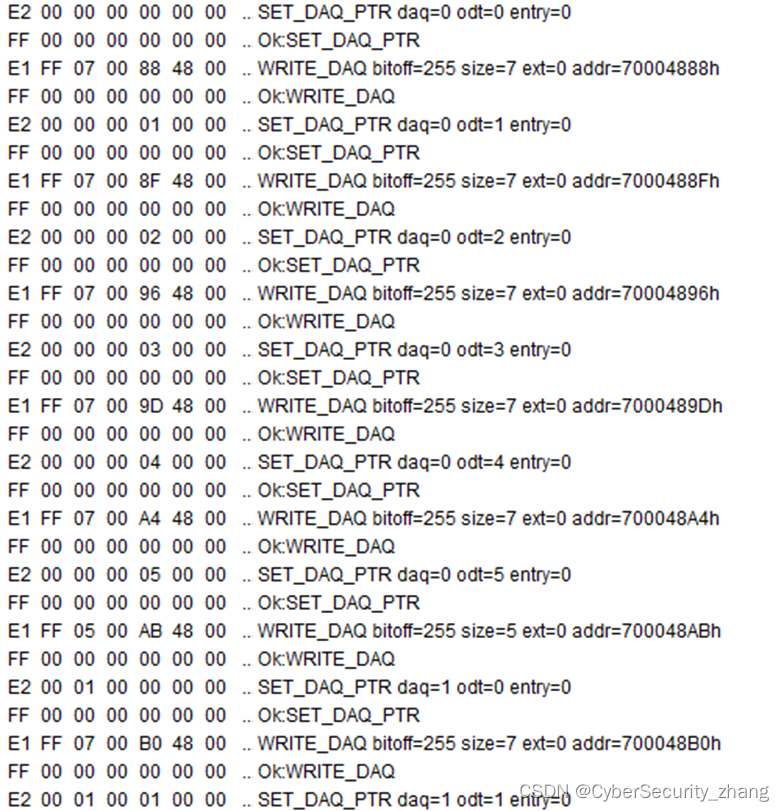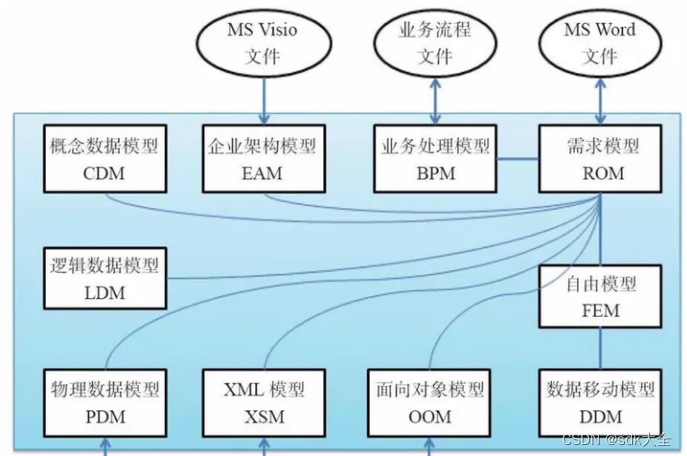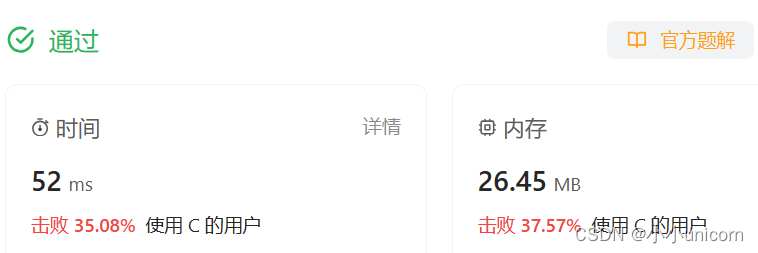前言:
在现实的学习任务中,环境
其中的转移概率P,奖赏函数R 是未知的,或者状态X也是未知的
称为免模型学习(model-free learning)
目录:
1: 蒙特卡洛强化学习
2:同策略-蒙特卡洛强化学习
3: 异策略- 蒙特卡洛强化学习
一 蒙特卡洛强化学习
在免模型学习的情况下,策略迭代算法会遇到两个问题:
1: 是策略无法评估
因为无法做全概率展开。此时 只能通过在环境中执行相应的动作观察得到的奖赏和转移的状态、
解决方案:一种直接的策略评估代替方法就是“采样”,然后求平均累积奖赏,作为期望累积奖赏的近似,这称为“蒙特卡罗强化学习”。
2: 策略迭代算法估计的是 状态值函数(state value function) V,而最终的策略是通过 状态 动作值函数(state-action value function) Q 来获得。
模型已知时,有很简单的从 V 到 Q 的转换方法,而模型未知 则会出现困难。
解决方案:所以我们将估计对象从 V 转为 Q,即:估计每一对 “状态-动作”的值函数。
模型未知的情况下,我们从起始状态出发,使用某种策略进行采样,执行该策略T步,
并获得轨迹 ,
然后 对轨迹中出现的每一对 状态-动作,记录其后的奖赏之和,作为 状态-动作 对的一次
累积奖赏采样值. 多次采样得到多条轨迹后,将每个状态-动作对的累积奖赏采样值进行平均。即得到 状态-动作值函数的估计.
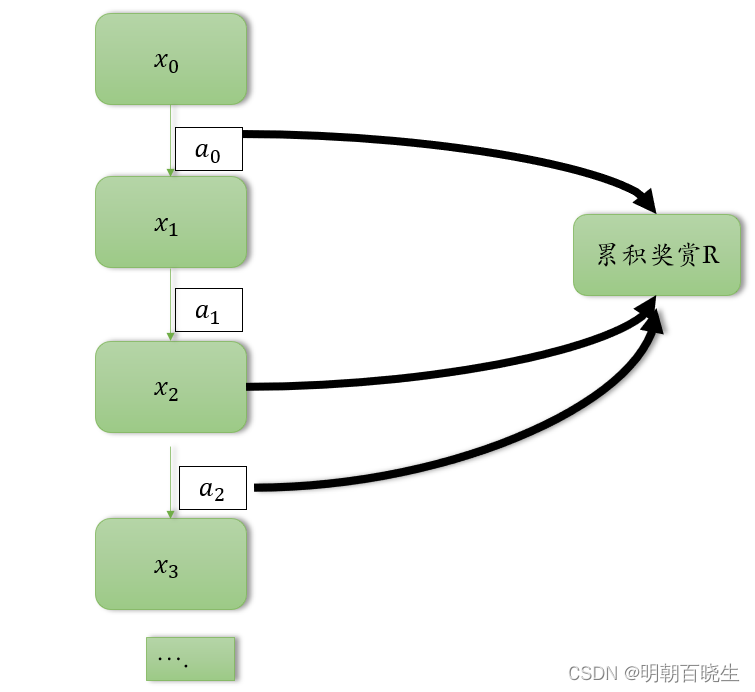
二 同策略蒙特卡洛强化学习
要获得好的V值函数估计,就需要不同的采样轨迹。
我们将确定性的策略 称为原始策略
原始策略上使用 -贪心法的策略记为
以概率
选择策略1: 策略1 :
以概率
选择策略2: 策略2:均匀概率选取动作,
对于最大化值函数的原始策略
其中贪心策略
中:
当前最优动作被选中的概率
每个非最优动作选中的概率 ,多次采样后将产生不同的采样轨迹。
因此对于最大值函数的原始策略,同样有

算法中,每采样一条轨迹,就根据该轨迹涉及的所有"状态-动作"对值函数进行更新
同策略蒙特卡罗强化学习算法最终产生的是E-贪心策略。然而,引入E-贪心策略是为了便于策略评估,而不是最终使用
三 同策略蒙特卡洛算法 Python
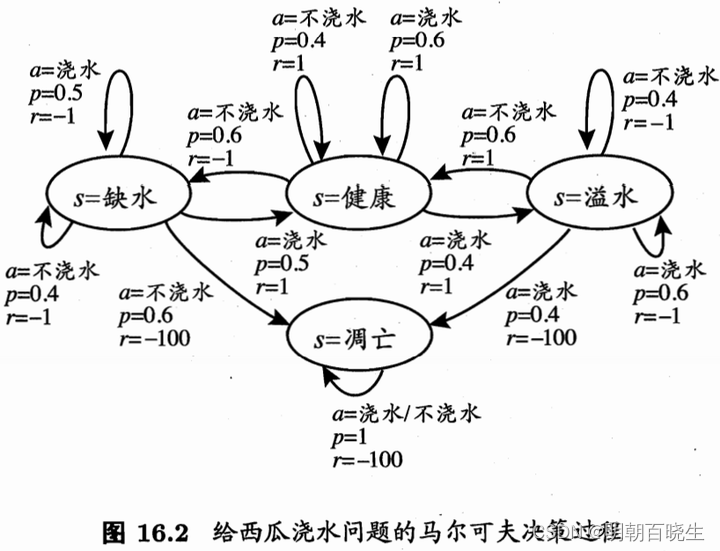
# -*- coding: utf-8 -*-
"""
Created on Fri Nov 3 09:37:32 2023@author: chengxf2
"""# -*- coding: utf-8 -*-
"""
Created on Thu Nov 2 19:38:39 2023@author: cxf
"""import random
from enum import Enumclass State(Enum):'''状态空间X'''shortWater =1 #缺水health = 2 #健康overflow = 3 #溢水apoptosis = 4 #凋亡class Action(Enum):'''动作空间A'''water = 1 #浇水noWater = 2 #不浇水class Env():def reward(self, nextState):r = -100if nextState is State.shortWater:r =-1elif nextState is State.health:r = 1elif nextState is State.overflow:r= -1else:r = -100return rdef action(self, state, action):if state is State.shortWater:#print("\n state--- ",state, "\t action---- ",action)if action is Action.water :S =[State.shortWater, State.health]proba =[0.5, 0.5]else:S =[State.shortWater, State.apoptosis]proba =[0.4, 0.6]elif state is State.health:#健康if action is Action.water :S =[State.health, State.overflow]proba =[0.6, 0.4]else:S =[State.shortWater, State.health]proba =[0.6, 0.4]elif state is State.overflow:#溢水if action is Action.water :S =[State.overflow, State.apoptosis]proba =[0.6, 0.4]else:S =[State.health, State.overflow]proba =[0.6, 0.4]else: #凋亡S =[State.apoptosis]proba =[1.0]#print("\n S",S, "\t prob ",proba)nextState = random.choices(S, proba)[0]r = self.reward(nextState)#print("\n nextState ",nextState,"\t reward ",r)return nextState,rdef __init__(self):self.X = Noneclass Agent():def initPolicy(self):self.Q ={}self.count ={}brandom = True #使用随机策略for state in self.S:for action in self.A:self. Q[state, action] = 0self.count[state,action]= 0randProb= [0.5,0.5]return self.Q, self.count, randProb,brandomdef randomPolicy(self,randProb,T):A = self.Aenv = Env()state = State.shortWater #从缺水开始history =[]for t in range(T):a = random.choices(A, randProb)[0]nextState,r = env.action(state, a)item = [state,a,r,nextState]history.append(item)state = nextStatereturn historydef runPolicy(self,policy,T):env = Env()state = State.shortWater #从缺水开始history =[]for t in range(T):action = policy[state]nextState,r = env.action(state, action)item = [state,action,r,nextState]history.append(item)state = nextStatereturn historydef getTotalReward(self, t,T, history):denominator =T -ttotalR = 0.0for i in range(t,T):#列表下标为0 开始,所以不需要t+1r= history[i][2]totalR +=rreturn totalR/denominatordef updateQ(self, t ,history,R):#[state,action,r,nextState]state = history[t][0]action = history[t][1]count = self.count[state,action]self.Q[state, action]= (self.Q[state,action]*count+R)/(count+1)self.count[state,action] = count+1def learn(self):Q,count,randProb,bRandom =self.initPolicy()T =10policy ={}for s in range(1,self.maxIter): #采样第S 条轨迹if bRandom: #使用随机策略history = self.randomPolicy(randProb, T)#print(history)else:print("\n 迭代次数 %d"%s ,"\t 缺水:",policy[State.shortWater].name,"\t 健康:",policy[State.health].name,"\t 溢水:",policy[State.overflow].name,"\t 凋亡:",policy[State.apoptosis].name)history = self.runPolicy(policy, T)#已经有了一条轨迹了for t in range(0,T-1):R = self.getTotalReward(t, T, history)self.updateQ(t, history, R)rand = random.random()if rand < self.epsilon: #随机策略执行bRandom = Trueelse:bRandom = Falsefor state in self.S:maxR = self.Q[state, self.A[0]]for action in self.A:r = self.Q[state,action]if r>=maxR:policy[state] = actionmaxR = rreturn policydef __init__(self):self.S = [State.shortWater, State.health, State.overflow, State.apoptosis]self.A = [Action.water, Action.noWater]self.Q ={}self.count ={}self.policy ={}self.maxIter =5self.epsilon = 0.2if __name__ == "__main__":agent = Agent()agent.learn()